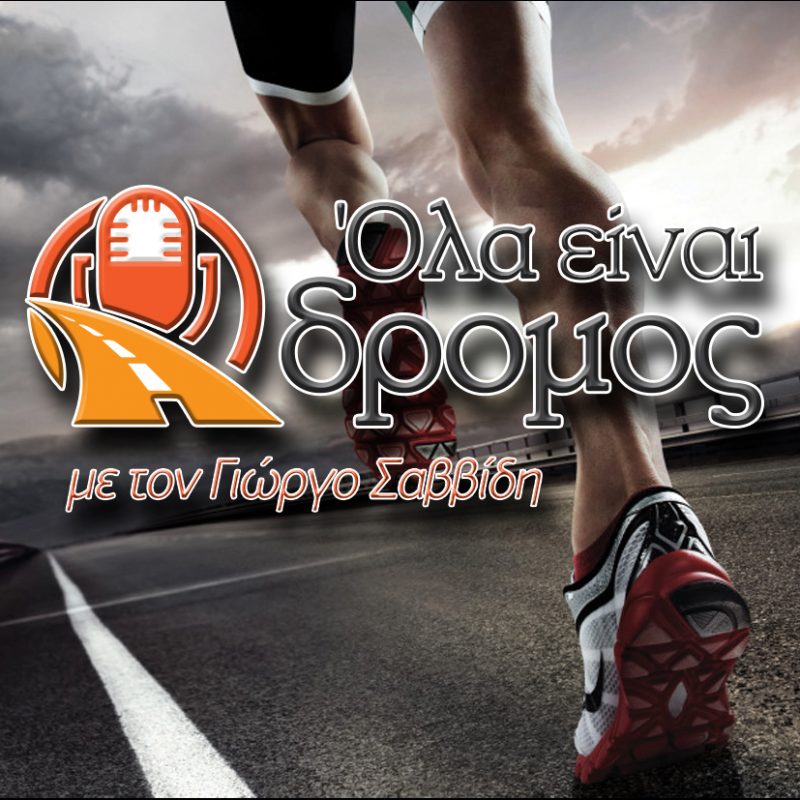Podcast Guest “It's a long road” is the runner and biochemist Nikos Gudzourelas. Nikos is a Biochemist - Biotechnologist, graduate of the Department of Biochemistry and Biotechnology of the University of Thessaly, holder of a master's degree, but also a PhD in 'Biochemistry'. He has co-authored 29 publications in international scientific journals and is co-author of the book "Intermittent Fasting and Disease Prevention". At the same time, he has presented scientific papers at Greek and International scientific conferences. For the last two years he has been a partner of Aegean Omiros College where he teaches in the undergraduate program of Dietetics.
With Niko we will have an interesting discussion, since we will refer in detail to intermittent fasting and its benefits for runners in general.
Podcast Interview Highlights “It's a long road” with the runner and Biochemist Niko Gudzourela.
02:45 Niko what is the intermittent fasting and what are its benefits for both runners and ordinary people?
08:30 Intermittent fasting, while initially finding few supporters, is now starting to become a popular option.
09:55 In the old days it was difficult to find food so it was difficult to have a meal every 3 hours.
15:50 To tell you the truth, after many messages from friends of the show, the need to make this Podcast was born in which we will refer in more detail to intermittent fasting. For example, a friend of mine wrote:
"I struggle a bit with intermittent fasting in terms of the times we eat before and after the run. I would like someone to tell us a normal program and not a theoretical one. That is, in the 8 hours that I can eat and I want to run at 8 in the evening, what time do I eat before and what time after?"
26:00 What is the ideal interval in which food should be allowed? 4 hours, 8 or something else? How many types of intermittent fasting are there?
29:20 This feeding window, can it change according to our needs or should it be fixed? For example should it always be 8am to 4pm?
32:05 I, let's say for example, sometimes I do morning training on half the days and afternoon training on the other half. Weekend mornings, weekday afternoons after work.
38:40 What was the secret of your success in winning the last two Ultra races;
46:15 Can intermittent fasting help regulate body weight in runners?
Nikos Gudzourelas
Facebook Profile: https://www.facebook.com/nikgkoutz
FITME.NUTRIME: https://fitmenutrime.gr/
————————-
Everything is a road:
Facebook Page
Instagram
website: https://olaeinaidromos.gr
website: http://georgiossavvidis.com/

